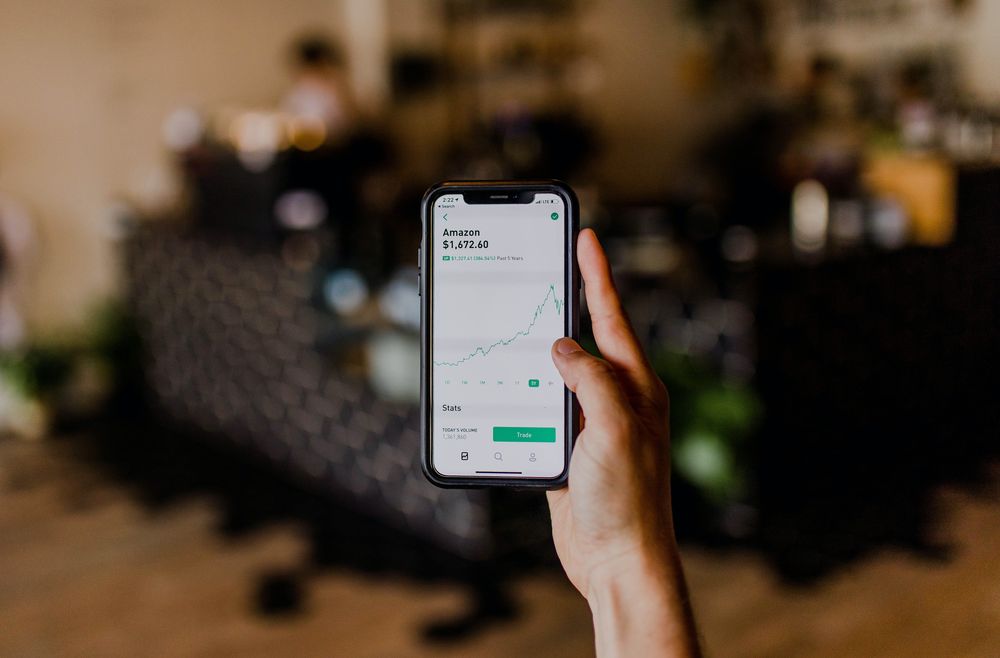At the onset of the Coronavirus pandemic, Andreea Ion, a 25-year-old Londoner with spare time, joined two stock-trading websites. “My partner and I were trapped in this extremely small London flat, and we just thought we had to do something or we’d go insane,” she recalls.
Younger investors like Miss Ion have swarmed online stock-trading platforms like eToro, Freetrade, and Robinhood in the last year. She and her partner Jamie have started posting about their investments on Instagram jointly. “We’re living in an era where everyone can start investing and collecting wealth from their phones with virtually no transaction fees,” says Miss Ion, who grew up in Romania and recently finished a master’s degree at Cambridge University.
Is This Influx Of New Investors, However, A Good Thing?
The chief executive of Freetrade, Adam Dodds, says that participation in stock-trading is beneficial to participants: “It’s comparable to eating well or exercising. It’s a good habit to have “, according to Mr. Dodds. It’s unquestionably beneficial to his business.
In 2020, the number of registered clients at Freetrade increased sixfold, from 50,000 in January to more than 300,000 in December, and now to 700,000. The average age of these individuals is 31, and over 60% of them describe themselves as first-time investors. Women now account for one in every four investors on the site, up from 13% a year ago.
And it isn’t just about free commerce. New clients have flocked to other platforms. In 2020, Robinhood added 3 million new users, a 30 percent increase, while eToro added 5 million new users, a near 40 percent increase.
Fractionalization, which allows users to buy portions of complete shares, is a one-way stock-trading application that has made investment more accessible. A share of Elon Musk’s Tesla, for example, was $880 in January but is now at $688. For some investors, purchasing one share would deplete all of their investment funds. As a result, purchasing a percentage of a high-value stock allows small investors to diversify their portfolios and spread their risk.
However, other people are concerned about the rush to invest. Online discussion forums and social media, according to Constantin Gurdgiev, an economics professor at Trinity College in Dublin, can place a lot of pressure on inexperienced investors. They may be more easily convinced to join a herd of investors and pile into a single overvalued stock, or the illusion of cheaper costs may drive them to trade more than is necessary.
Professor Gurdgiev claims that risk management and analysis falter, and the fear of losing out takes over. “Research suggests that increased access to trading, as well as the sense of cheaper costs provided by these platforms, leads to excessive risk-taking and overtrading by individual investors,” he claims.
He claims that stock trading might become addicting for some people. The so-called meme stock, or Reddit stock, has also developed in this new era of investing; this is a stock that has garnered a lot of interest on social media. GameStop, the video game retailer, is possibly the most well-known contemporary example. After participants to a Reddit site called wallstreetbets pushed investors to buy, its stock price skyrocketed from $17.25 to $483 in January.










